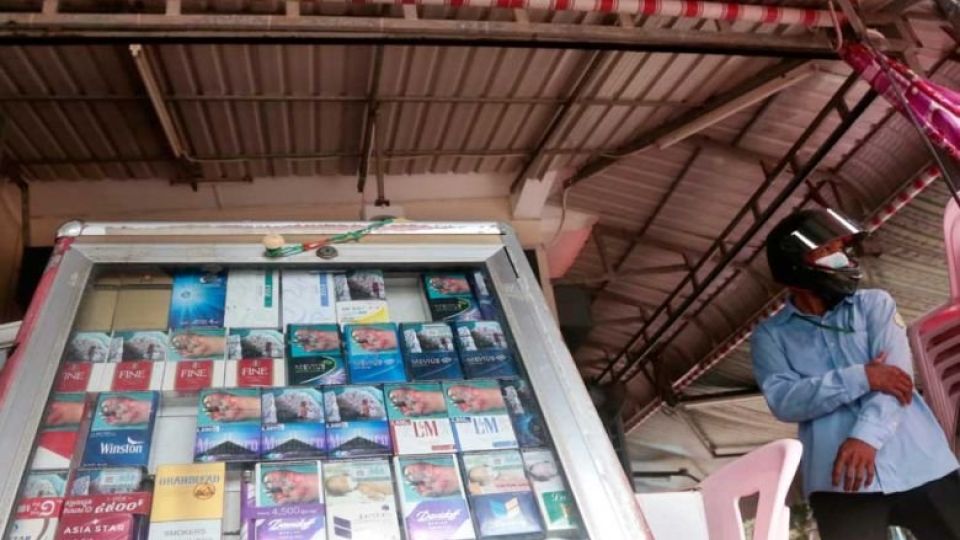August 1, 2023
PHNOM PENH – The Ministry of Economy and Finance has taken the step of rolling out new guidelines to standardise value-added tax (VAT) for businesses involved in importing and distributing cigarettes.
This move, hailed by health experts, comes into effect from August 1 and aims to ensure a consistent and transparent application of VAT.
In a directive issued on July 25, the ministry made it clear to business owners involved in cigarette imports or distribution that they would now have to apply VAT as per these new guidelines.
This procedure mirrors the application of VAT on other taxed commodities, with a flat rate of 10 per cent on all cigarette supplies in Cambodia.
The ministry also clarified that VAT paid at the point of importation or domestic purchase would be allowed as an income tax credit, deductible with output tax.
Furthermore, the guidelines state that enterprises importing cigarettes for export purposes will be permitted to pay a one-off value-added fee at the point of importation. These firms are obliged to submit returns and pay taxes as per the prevailing laws and regulations.
These new VAT measures have garnered praise from the Cambodia Movement for Health (CMH), specifically Mom Kong, the executive director. Kong lauded the Ministry of Economy’s guidance as a clear indicator of the government’s commitment to combat the health risks associated with cigarettes and tobacco products.
On July 26, Kong highlighted the implementation of this VAT, stating: “the Ministry of Economy has been applying this value-added tax for some time. Initially, it was levied only once, at the point of import. However, as of August 1, this VAT will apply at every stage, from import to consumer, just like any other product”.
Despite this positive step, Kong advocates for the expansion of this practice to include all tobacco products, not just cigarettes. He conveys the aspirations of over 90 per cent of the public, urging the government to regularly increase taxes on tobacco products – ideally every two years – as per the will of the Royal Government.
Citing research by the World Health Organisation, Kong stated that imposing an additional tax of 500 riel ($0.125) per pack of cigarettes could increase market prices by 15 per cent. This, in turn, could potentially reduce the number of smokers by 30,000 in the next year, and prevent 10,000 premature deaths over the next decade or so.
Kong further added that according to the World Health Organisation an increase in cigarette taxes by 500 riel per pack could boost state tax revenue by over $53 million.
In a similar vein to Kong, Hong Vannak, an economist at the Institute of International Relations at the Royal Academy of Cambodia, expressed his belief that such procedures should have been introduced sooner. According to Vannak, there are two primary advantages to the local economy.
Expounding on the possible economic rewards these changes could bring about, Vannak stated: “First and foremost, we can augment our revenue collection from traders importing cigarettes for sale in Cambodia”.
“Secondly, it has the potential to invigorate our domestic manufacturing enterprises, which could induce a switch towards more cost-effective, locally produced cigarettes,” he continued.
However, Vannak made it clear that these benefits should not be interpreted as an endorsement of smoking or cigarette use.
Rather, he stressed that these are economic benefits that need to be weighed with care and measured consideration. The dialogue around these guidelines highlights the fine balance between economic gains and public health considerations, a discussion that will surely continue to evolve.


